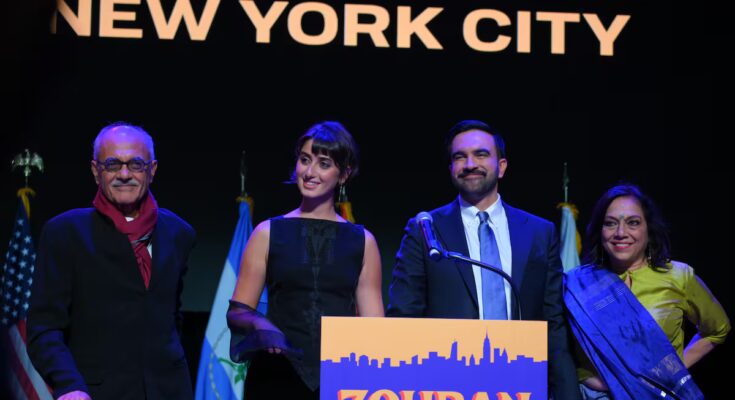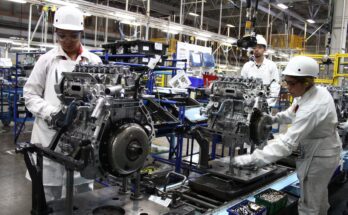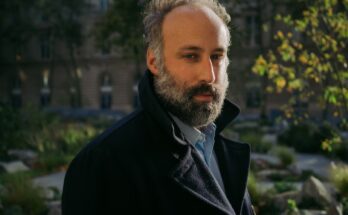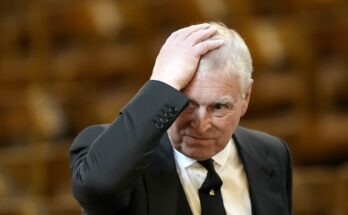Zohran Mamdani, a graduate in African studies born in Kampala, the capital of Uganda, just 34 years ago, will be the next mayor of New York. He will do this by winning more than 50% of the votes, an achievement. And there are many goals achieved by the mayor of New York that he will represent: he will be the first Muslim, the first socialist and the youngest to hold the office for more than a century. But despite that first timesMamdani also embodies a certain continuity with a little-discussed feature of the Democratic Party in recent years. And, like Barack Obama, Kamala Harris and Pete Buttigieg, Mamdani is the son of socialist immigrants.
The socialism of these fathers was forged during the revolutionary decades of the 1960s and 1970s. In the 1960s, Obama’s father was a senior official in Kenya’s Ministry of Economy, playing the role of a self-critical socialist in the economic project championed by the charismatic hero of independent Kenya, Tom Mboya. Around the same time, but in the midst of the civil rights movement in the United States, Harris’ parents met at a rally of the African American Association. Both earned doctorates: the mother in Endocrinology, channeling her political fervor toward advancing the breast cancer study; his father, an economics graduate, was studying the extent to which the anti-colonial policies of his native Jamaica could be applied to his adopted country, the United States.
As for Buttigieg’s father, he became the reference philologist for the work of Antonio Gramsci. Even in 2018, when I met him for the first and last time, his constellation of references for understanding current politics was still that of Pasolini’s Italy, autonomism and the demonstrations in the Fiat factories.
Mamdani’s parents share a similar political background. His father, a Ugandan like him, came to the United States in 1963 on a scholarship for East African students. Already as a student he participated in trips from north to south organized by the Nonviolent Student Coordination Committee. He then channeled that activism into an academic career focused on analyzing colonialism, postcolonialism, and minorities in Africa.
Her Indian-born mother’s political consciousness was shaped by Delhi’s street theater. Having come to the United States as a student, he became a director, directing films that silently challenged Hollywood prejudices: screenplays shot in working-class foreign neighborhoods, romantic comedies Set in historical political moments, cast without white actors.
Unlike other Democrats with socialist parents, Mamdani has not attempted to distance himself from his family’s legacy. Every move of his chip hints at a familiar policy. His activism against the siege of Gaza – the importance of which for his political career has been compared to Obama’s opposition to the war in Iraq – goes hand in hand with his father’s anti-colonial criticisms. His proposals for free childcare, rent freezes or municipal supermarkets echo the many internal tensions over money appearing in Salaam Bombay!, Mississippi Masala, The monsoon wedding and other films by his mother.
To detractors, all this will sound like a Houellebecq novel: a charismatic young Muslim politician, a Trojan horse deceiving right-thinking voters, a society headed inadvertently towards decadence. But, in reality, what it announces is the attempt to create a new coalition that brings together young people, immigrants, workers, debtors, Muslims, students, tenants and parents: a rainbow coalition that leaves no one behind. Except billionaires.



